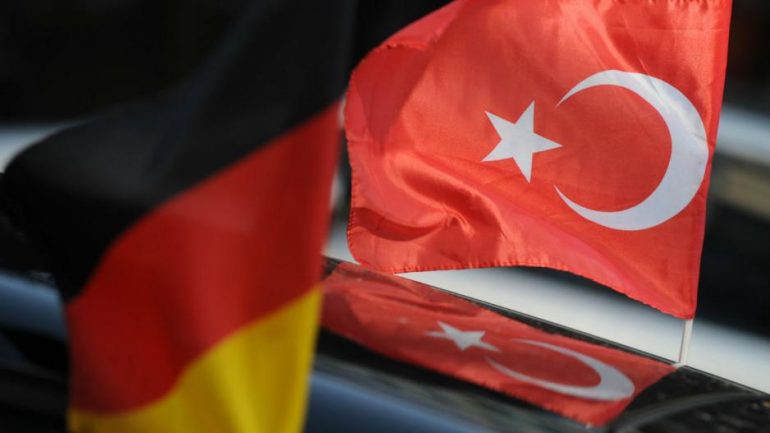German companies have been welcome in Turkey for over a hundred years. Siemens, for example, has been in the country for 161 years, when the then Ottoman Empire in the mid-19th century decided to set up its telegraph service. Today, more than 7.000 German companies operate in Turkey, investing almost 13 billion euros in factories, shops and offices. However, in recent months, the climate has changed, business representatives say.
This is mainly due to political instability in the country, writes the German newspaper Die Welt. The state of emergency continues after the coup attempt in July 2016. Thousands of civil servants were imprisoned, parliamentary powers were curtailed, and even private companies came under pressure.
The difficult situation destroys foreign companies, which usually attach great importance to stable conditions and predictability. "Turkey's reputation as a partner country has declined in recent years in Germany," advisers to Germany's GTAI foreign trade promotion service said in a recent management report on Turkey. The document is available at WELT. "Many violations undermine the relationship, especially the lack of rule of law in the country."
The frustration of this organization, whose mission is actually to encourage German companies to invest abroad, is reflected in the latest statistics. Not only do German tourists stay away from Turkey, but foreign direct investment has also declined, although the Turkish economy is growing rapidly.
Foreign small and medium-sized enterprises in particular are reluctant to invest in Turkey. "The sensitive political climate that uncertainty about the rule of law and the tense security situation has made many German companies reluctant to enter the Turkish market or expand their existing operations there," said Francesca Snyder of IHK Pfalz. Erdogan's policy has imposed new protective barriers to trade in recent months. For foreign companies, this recent development raises concerns.
Of course, there is a customs union that connects Turkey, Germany and other EU countries for more than 20 years. According to a document from the German Trade and Investment Association (GTAI), "the customs union between the EU and Turkey should facilitate the movement of goods. "Instead, European companies are increasingly facing import controls, additional duties and complex registration obligations."
European certificates of control have suddenly become obsolete
The delays are mainly due to additional product safety tests that foreign companies have to go through in Turkey. For example, imported shoes, although they have passed the same or very similar checks in the EU, the Turkish customs authorities instead require certificates from local institutes for the detection of certain chemicals.
"European test certificates have been easily recognized for years," says Felix Ebner of the German textile industry. In addition, the principle of harmonized legislation applies in the Customs Union and, so far, in Turkey as well. "But suddenly the Turkish authorities change their rules and practices," says Ebner. According to a report by EU Trade Commissioner Cecilia Malmstrμm, "in recent years, Turkey has imposed a number of trade restrictions that run counter to the obligations of the EU-Turkey customs union, such as complicated customs procedures or additional duties." .
However, the safeguards could become a boomerang for Turkey if the EU itself takes similar action. Because Europe and Germany are more economically important to Turkey, despite the opposite: Germany is the largest investor in Turkey and German companies account for almost 10% of all foreign direct investment in the country. Turkish companies, on the other hand, account for less than 0,4% of investment in Germany, despite spectacular acquisitions in recent years. In terms of trade, Germany is Turkey's most important trading partner.
